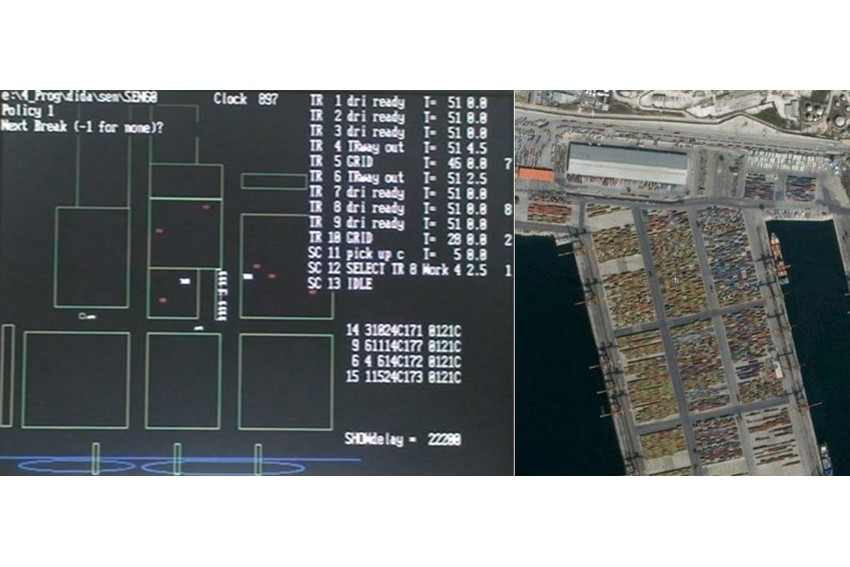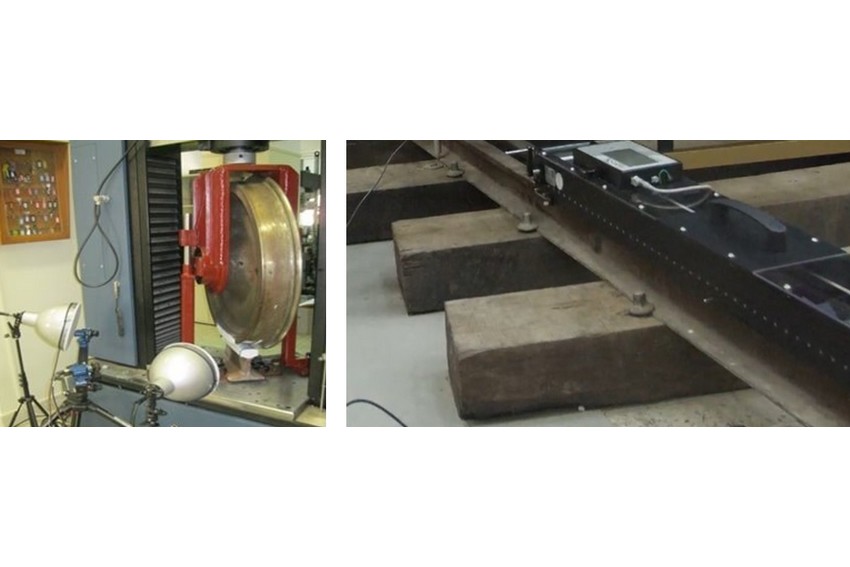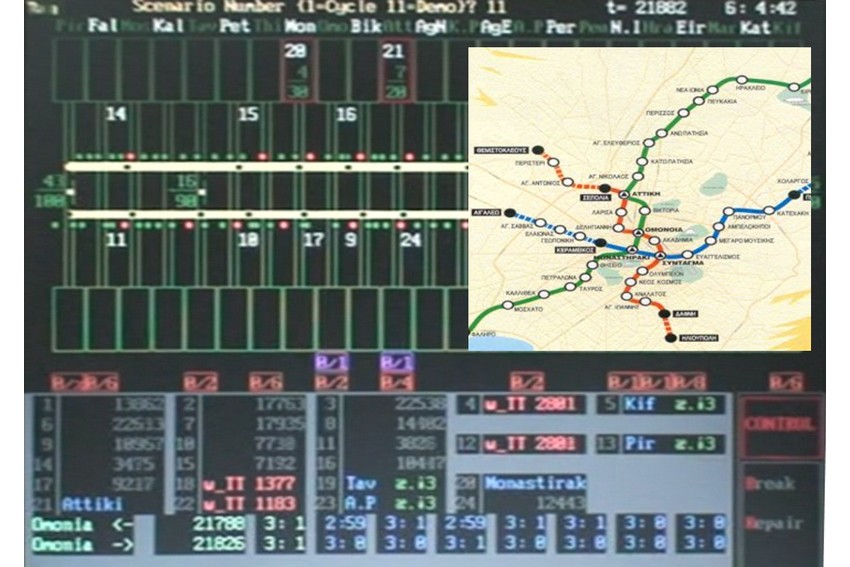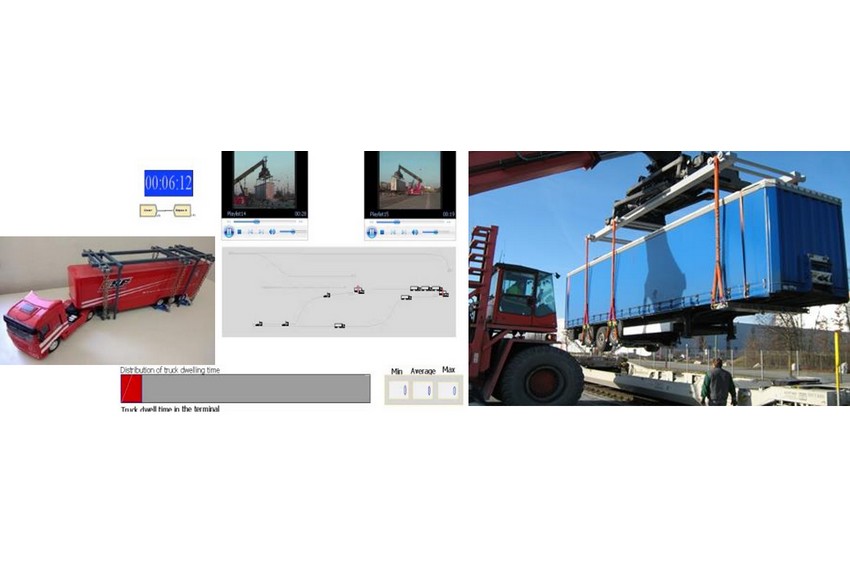The Railways and Transport Laboratory (RTL) was founded in 1962 and since then it has evolved into a Research Center for Innovation and Excellence in Passenger and Freight Transport, with worldwide recognition. It belongs to the Department of Transportation Planning and Engineering of the School of Civil Engineering. Since its establishment, RTL contributes to the scientific field of transportation engineering through numerous academic and research activities.
The Mission of the Railways and Transport Laboratory of NTUA is to educate future transportation engineers and to promote research in the field of Passenger and Freight Transport. The educational and research activities of the Laboratory are characterized by high innovation, excellent organization and significant contribution to the society.
Scientific Fields
The main scientific fields of the Railways and Transport Laboratory are summarized in the following:
- Terminal Facilities and Freight Transport Systems
- Quantitative Methods for the Planning and Operations of Public Transport Networks
- Planning and Operation of Freight Transport Systems
- Planning/Design and Operation of Airports
- Railways Engineering
- Optimal Planning of Urban Transportation Systems
- Optimization of Transport Systems Planning
Personnel
The Laboratory staff consists of 1 Professor, 1 Assistant professor, 3 Emeritus Professors, 1 Laboratory and Teaching staff member, 1 Senior Researcher, 1 Laboratory Technical Staff member and 5 PhD Candidates.
Education
As part of the academic activities of the Laboratory, the following courses are offered:
- 2 undergraduate core courses of the School of Civil Engineering of NTUA: “Transportation Systems Planning” (6th semester) and “Optimization & Machine Learning” (5th semester).
- 6 undergraduate mandatory courses in the Transportation Engineering cycle, School of Civil Engineering, NTUA: “Railway Engineering” (8th semester), “Combined Transport-Advanced Systems” (9th semester), “Public Transit Planning” (8th semester), “Airport Planning and Management” (co-teaching, 9th semester), “Quantitative Methods in Transportation” (co-teaching, 9th semester) and “Integrated Project in Transportation Engineering” (co-teaching, 9th semester).
- 2 postgraduate courses: “Transport and Traffic-Modern Vehicles”, “Shipping and Maritime Transport” (co-teaching).
Additionally, 18 Doctoral Theses and 315 Diploma Theses have been successfully carried out at RTL.
Research Projects
The members of the Laboratory have participated in 134 research projects funded either by the European Union or with national funds. These projects cover in depth the field of Transport Systems Planning and Operation with emphasis on urban transport, rail transport, port terminals, airports, combined transport and supply chain. The results of the research projects, doctoral theses and diploma theses of the Laboratory have been published in scientific journals and scientific conferences proceedings (362 scientific articles in the Scopus database).
Examples of research programs per scientific subject of RTL:




